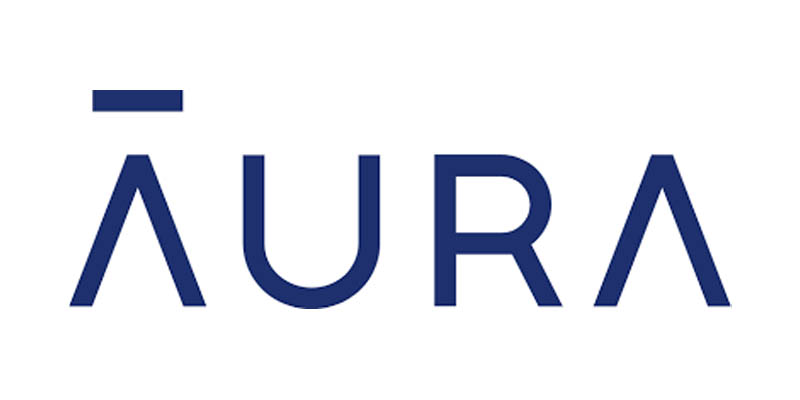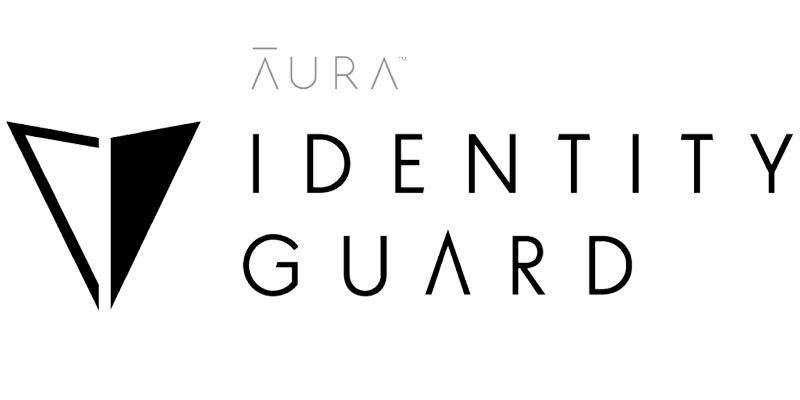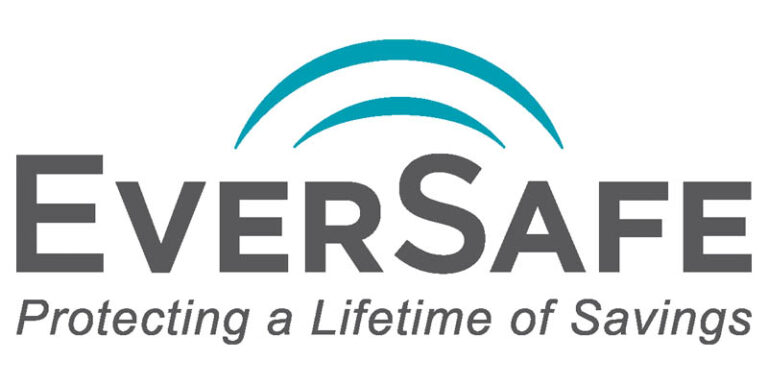How to Report Identity Theft
Updated:
Retirement Living takes an unbiased approach to our reviews. We may earn money when you click a partner link. Learn More
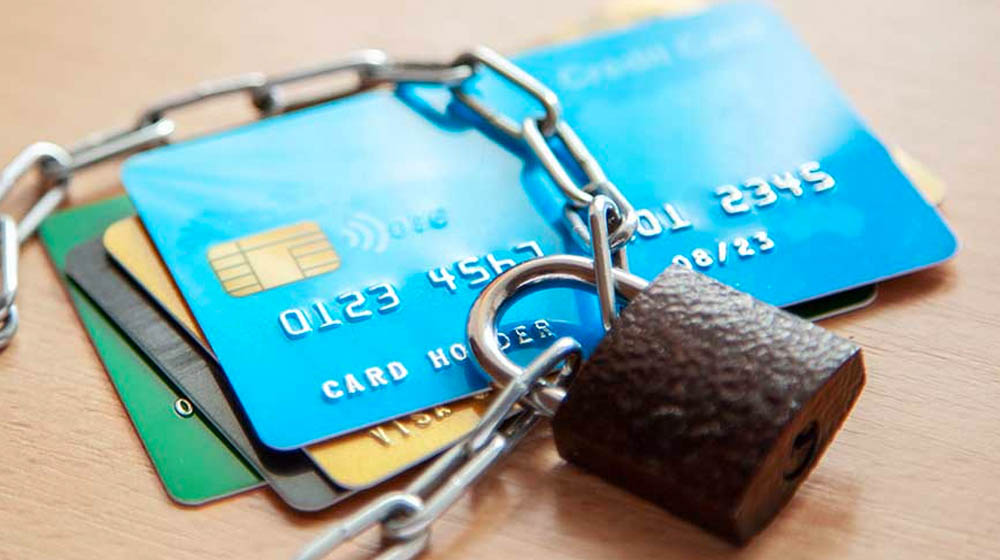
If you pay attention to the news at all, it comes as no surprise that identity theft is on the rise. Nearly 17 million cases were reported in 2017 alone, amounting to almost $17 billion in losses. But that number is surprisingly low when you consider that 143 million people had their data exposed in one breach alone.
In short, more people are having their financial information compromised than ever before. So if you haven’t yet been a victim, there’s a fair chance you will someday. Fortunately, you can take steps to prevent identity theft and if you do have your identity stolen, there are some steps you can take – most of the things you can do immediately.
Here’s how to report identity theft and how to start the recovery process.
Great for cybersecurity support
Aura Identity Theft Protection
- Plans can include members of different households
- Investment account monitoring
What to do if your identity is stolen
If you believe your identity has been stolen, the first thing you should do is file an online report with the Federal Trade Commission. You can also call 877-438-4338 if you’d rather handle things via phone.
This process allows customers to report compromised credit card accounts, utility accounts, credit or debit cards, government benefit accounts, and more, and not only gives you a checklist of the next steps but places a fraud alert on your credit report. Most importantly, it secures your rights to have any fraudulent items removed from your credit.
It’s also a good idea to place a fraud alert with all three of the major credit agencies, as this makes sure that any credit application is verified more closely. You can do this on their respective websites, or you can call Equifax at 800-525-6285, Experian at 888-397-3742, and TransUnion at 800-680-7289. The biggest benefit of doing this is that it grants you access to another round of credit checks beyond the one every 12 months you already get with each agency.
Was your identity stolen through the mail? You’ll want to file a report with the United States Postal Service too.
For people who had their data exposed and then stolen, it might not be a bad idea to file your taxes as soon as possible in the following years to get ahead of any fraudsters trying to claim your tax return.
How to dispute a fraudulent item on your credit report
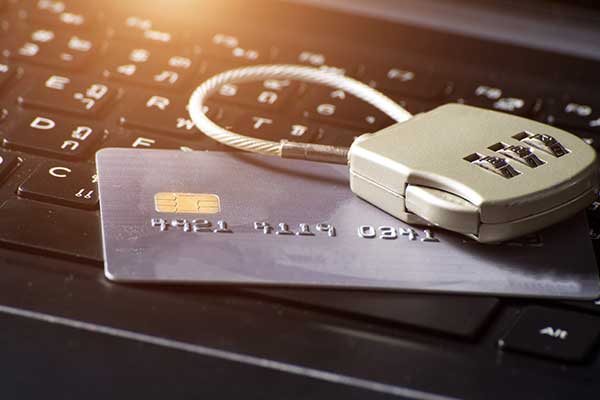
If you check your credit report and find a fraudulent account, you need to take action as quickly as possible. Your first call should be to each individual agency to let them know about the fraud. Next, contact your credit card issuer and do the following steps:
- Determine if the errant charges are due to theft or fraud
- If you think your credit card information was stolen, cancel your card and have the bank issue a new one.
- If you report a fraudulent charge, the credit card issuer has two billing cycles and no later than 90 days to investigate and get back to you.
In addition, you should also call the company of the account involved so they can close the account. Some companies require a written notification to close an account for fraud, but the government has a sample letter you can use to make that process easier. You might also need a copy of that letter if you file a police report about the event.
Most of the time, customers have zero liability for fraudulent charges as long as they’re reported immediately.
Keeping your credit secure after theft
Once you’ve discovered identity fraud and have taken steps to report it, now you’ve got to look towards the future. How do you prevent this from happening again?
One of the strongest measures you can take to protect your credit is placing a freeze on it. This prohibits a new account from being opened in your name until you actually go in and remove the freeze. There’s no charge to do this, and it has no effect on your credit score at all.
Second, consistently check your credit report. You get one free report from the three major agencies every year, meaning you can get one report every four months if you space them out properly. You can also place an extended fraud alert on your account that lasts for up to seven years, but you’ll need documentation including an identity theft report.
Another option to consider after you’ve had your identity stolen is a credit monitoring service. These companies actively keep an eye on your credit and alert you to any new accounts. This is information you can find on your own and actions you can do on your own, but it’s nice to have the assurance that someone else is looking out for you. And if your information has already been exposed once, you’re at a higher risk for it happening again.
Compare Top Identity Theft Protection Companies
Fight identity theft by acting quickly
Identity theft is on the rise, and while you can never stay 100 percent protected, you can have a solid plan for what to do should something ever happen.
The biggest thing you can do to lessen the impact of your identity being stolen is to act quickly. If one account is created in your name or one account was taken over, there’s a great chance that other accounts are at risk too.
Follow the guidelines listed here, and you’ll be well on your way to getting your finances back in order.
